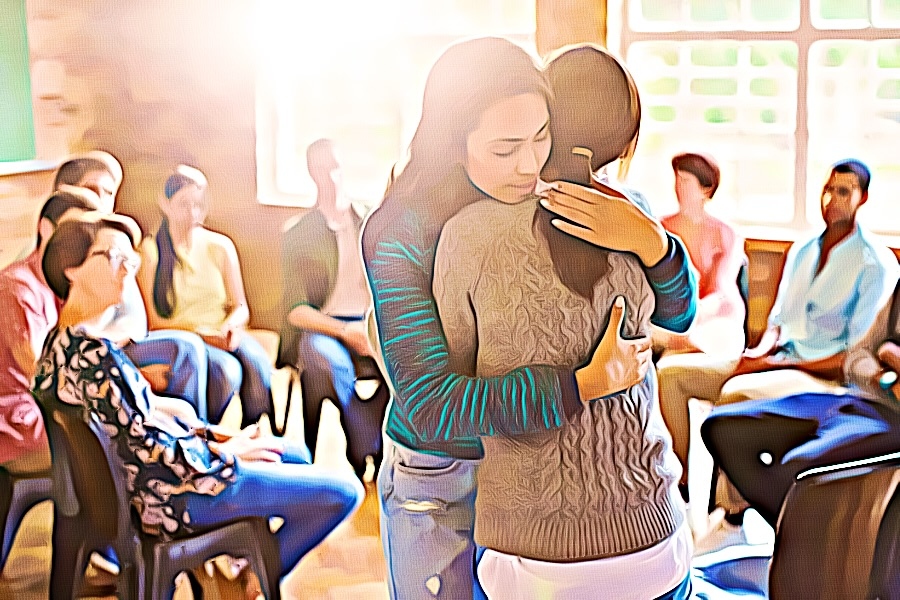Rehabilitation, or rehab, is a treatment program designed to help individuals struggling with substance abuse and addiction. The journey to recovery is not just about abstaining from substances; it involves a holistic approach to healing the body, mind, and spirit. Rehab programs can vary, offering inpatient or outpatient services, therapy, medical treatment, and support for mental health issues.
The Importance of Choosing the Right Rehab
When it comes to rehabilitation, one size does not fit all. The effectiveness of rehab depends on the specific needs of the individual. Factors like the type of substance used, the duration of addiction, mental health status, and personal preferences play a critical role in selecting the right program. It’s important to research and consider various options, including specialized programs that cater to specific demographics or addictions.
Key Components of Effective Rehab Programs
- Personalized Treatment Plans: Tailoring treatment to individual needs is crucial for effectiveness.
- Medical Detoxification: Safely managing withdrawal symptoms under medical supervision.
- Therapy and Counseling: Addressing the underlying psychological aspects of addiction.
- Support Groups: Providing a community of individuals who understand and support each other.
- Aftercare Planning: Ensuring ongoing support after the initial rehab program.
The Role of Therapy in Rehab
Therapy is a cornerstone of most rehab programs. It helps individuals understand the root causes of their addiction, develop coping mechanisms, and rebuild healthy relationships. Cognitive Behavioral Therapy (CBT), Dialectical Behavior Therapy (DBT), and other forms of therapy can be instrumental in the recovery process.
Overcoming Challenges in Rehab
The path to recovery is not without its challenges. Relapse, mental health issues, and the stigma surrounding addiction can be significant hurdles. However, with the right support and commitment, overcoming these challenges is possible.

The Power of Support Systems
Support systems, including family, friends, and support groups, play a vital role in the recovery journey. They provide emotional support, accountability, and a sense of community that can be incredibly empowering.
The Impact of Rehab on Families
Addiction doesn’t just affect the individual; it impacts their entire family. Family therapy and support groups for family members are essential components of a comprehensive rehab program. They help in understanding addiction, improving communication, and healing relationships.
Seeking Professional Help
For more detailed information on rehab and addiction treatment, the National Institute on Drug Abuse offers valuable resources and insights.
Conclusion: Taking the First Step
Remember, recovery is a journey, not a destination. With the right help and support, a new, healthier life is within reach.

